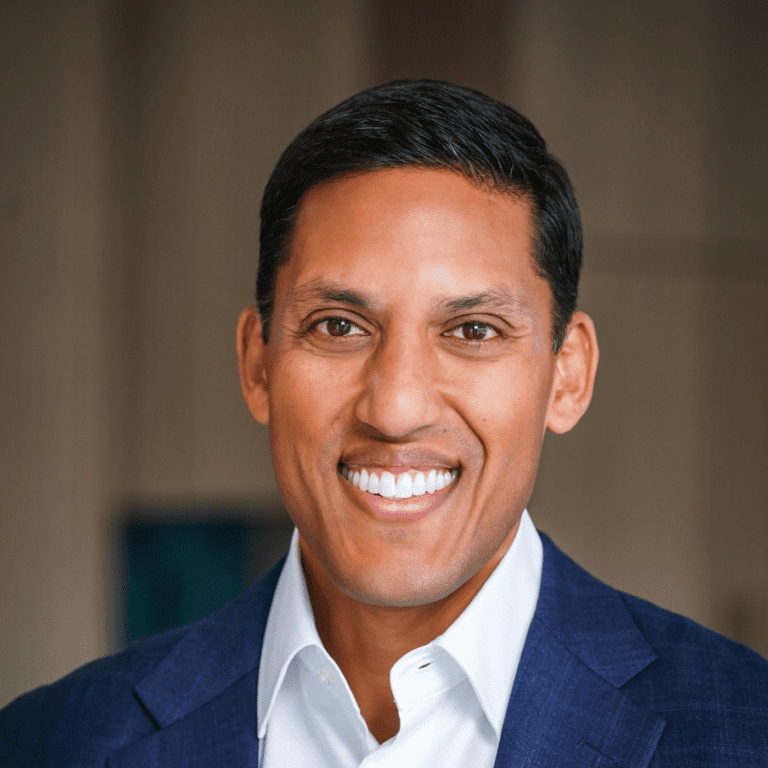As delivered on Wednesday, November 9, 2022 in Sharm El Sheikh, Egypt
Thank you, Secretary Kerry. And hello, everyone.
I want to thank Secretary Kerry for his decades of leadership on this issue. And I want to note that few months ago, Secretary Kerry called me with this idea, along with so many of you that are here. I’m sure many of you have received similar calls.
That led to a process with many more conversations with many more people. In fact, we hosted at least two day-long consultations with dozens of partners from around the world, especially those representing the core interests of the emerging economies that need to accelerate their transitions from coal.
And that brings us to today.
We are acting with urgency because we have no time to lose.
You’ve heard about the consequences of being on a path to 2.7 degrees of warming. We know that at that temperature, life for too many people will not only be hotter, but harsher, poorer, and significantly more fragile and vulnerable.
At less than half of that level of warming, one and a half degrees, we can avoid many of the most extraordinary consequences. Consequences for hunger, for poverty, for migration, for displacement, for disease, and for death. That is why we are here to keep 1.5 alive.
Secretary Kerry is right: the outcome, 1.5 degrees or 2.7 degrees of warming, is a choice. It’s a choice we make here. Governments, the private sector, philanthropies like The Rockefeller Foundation, and so many others – if we choose to go it alone and if we avoid the risks that come with innovation, we will end up at 2.7 degrees.
If on the other hand, we embrace the reality that we can solve this problem together, stand behind new innovations, and work to tackle the most problematic components of global emissions—of which emerging markets’ coal emissions are at the very top of the list—we can in fact succeed.
The ETA, as Secretary Kerry noted, could, for the first time, unlock the potential of voluntary carbon markets to be one of many solutions, one of many sources of capital, to overcome the financing gap Secretary Kerry spoke of. For example, one Rockefeller-funded report estimates this kind of framework could mobilize more than $100 billion dollars through 2030.
We do not have the framework or all the answers on how to achieve anywhere near that level of resource mobilization today. But our teams working in partnership with people in this room and elsewhere are going to spend the time going forward to develop those answers.
As we do, a few things are clear to all of us.
One, the ETA does not absolve any nation or company or organization from its obligations or commitments. To meet this moment, we need everyone to meet their current commitments. But we also need them to complement those current commitments with innovative endeavors like the ETA, the African Carbon Markets Initiative, and many others.
Two, this is not the end of the process of consultation but a start of that process. As I said, there are some open questions, and some of them are difficult. To those who have raised those questions, I say: join the conversation. We have the incentive to work through the details — even the sticky ones — together.
Three, as we develop this idea and consider others, we need to remember that ambition is not a bad thing.
Last year, The Rockefeller Foundation with 19 partners, including the Bezos Earth Fund, announced an alliance to connect billions of people in emerging and developing economies to renewable electrification and power. Yesterday, we were able to announce the early results in 12 of those countries, which include hundreds of millions of dollars already spent and the billions more unlocked towards that purpose.
When we look back at COP27 decades from now, I believe we will see that the ETA and other ambitious initiatives proved essential to averting 2.7 degrees of warming.
For nearly 110 years, The Rockefeller Foundation has been committed to doing whatever it takes—finding new ideas, taking new risks, making big bets—to meet this and other challenges.
I hope you will join us. Thank you.
# # #
